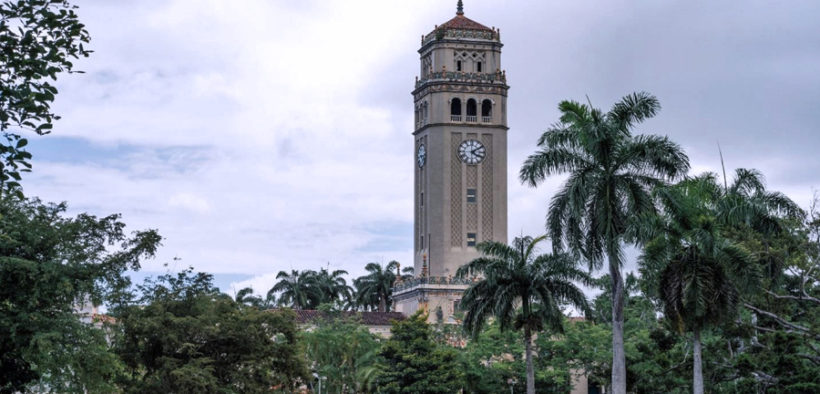CNE study: Public university system needs to be ‘divorced from politics’

The Center for a New Economy (CNE) is incorporating the topic of higher or post-secondary education in its work agenda, for which it has added an expert who in an analysis concluded, among other things, that higher learning in Puerto Rico cannot be tied to election cycles.
In her first analysis for the think-tank, titled “Investing in Ourselves: Post-secondary education for a sustainable and equitable recovery,” Visiting Fellow Belinda I. Reyes stated that the public university system needs to be divorced from the political process, as not doing so “affects the institution’s capacity to execute long-term structural change if its leadership is interrupted every four years and there is no internal structure to give continuity to the plan.”
“In addition to a sustainable budget, a governance structure that ensures the educational system’s quality, continuity, and independence is needed,” she said.
Reyes is an associate professor at the Department of Latina and Latino Studies at San Francisco State University and is an expert in economics. Her work explores the implications of social and demographic changes in public policy, including education, immigration, and the social and economic progress of Latinos in the United States.
In her analysis for the CNE Review, she explores some of the connections between higher education and economic development, specifically what can be done to provide young people with better opportunities in Puerto Rico.
Reyes raises a series of questions about post-secondary education in Puerto Rico, including: How do we build a future with opportunities for young people on the island? and how do we restructure the system to meet the educational needs of our population?
In addition, Reyes addresses the topic of a master plan for public education. “For the post-secondary educational system to have an impact on growth, it must have a sustainable budget and accompany major investment in infrastructure and housing in Puerto Rico, as is expected by the influx of federal funds. But there are also several reforms that need to take place within the educational system.”
“By understanding the regional educational needs on the island, paying close attention to issues of equity, and developing plans for post-secondary education informed by research and community dialogue, we can link education to regional recovery to help foster sustainable growth in the island,” Reyes said.
Post-secondary education and its importance for the island’s economic growth will be one of the topics that will be discussed in detail during CNE’s first conference since 2019, the Growth Policy Summit 2021 (GPS) on Dec. 3.
“After 15 years of stagnation, the bankruptcy of its government, the destruction caused by two hurricanes, and the effects of the global COVID-19 pandemic, it’s time to start thinking about Puerto Rico’s future,” the CNE stated.
The conference will explore issues such as:
- How do we get Puerto Rico back on a path toward growth?
- How do we leverage the reconstruction process?
- How have the government’s bankruptcy and the COVID-19 pandemic affected our ability to rebound? and,
- How can we finally be successful in charting a new roadmap?














